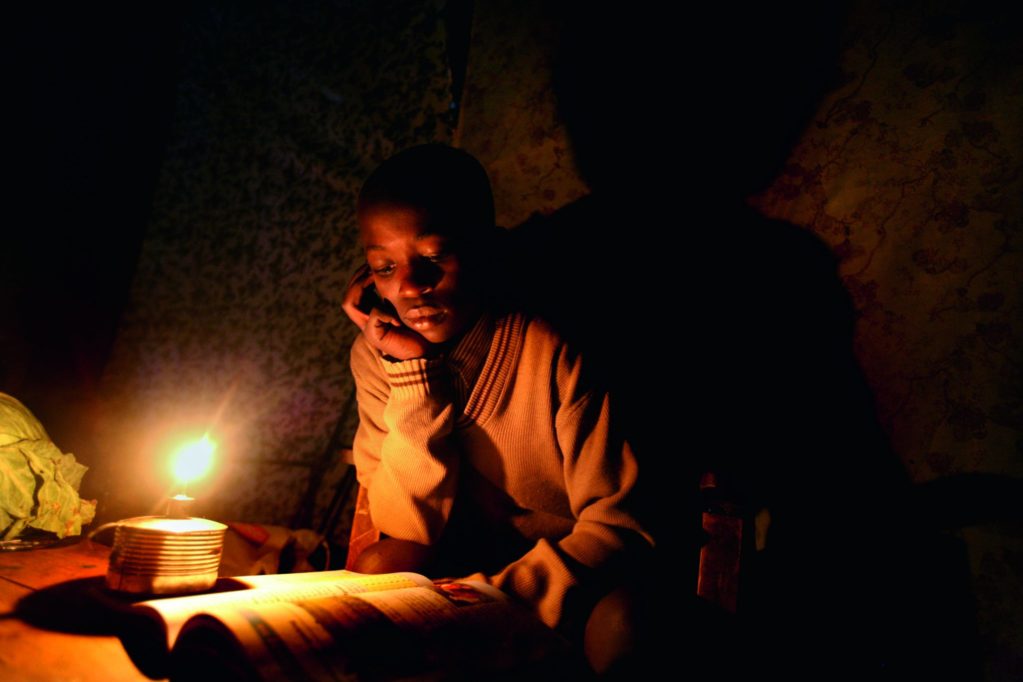The world’s leading industrial goods manufacturers are turning to resource-rich nations in Africa, Latin America, Asia and the Middle East for their next phase of growth.
Industrial behemoths like 3M, ABB, Alstom SA, Caterpillar, General Electric (GE) and Siemens AG have all built up their presence in these fast growing territories. The economic logic for both countries and companies is simple: development, trade, more market share, more revenue and more profit.
In GE’s case, African countries that produce large amounts of oil, natural gas, metals and other commodities also need electric turbines, oil production gear and other heavy equipment to improve the petroleum, energy, healthcare, transportation and water sectors. Company-to-government and joint venture (JV) agreements have been GE’s preferred method of doing business here. A raft of manufacturing and manpower training facilities aligned to its projects across the continent are expected to benefit from GE’s global research and development spend, which totaled $3.9 billion, $4.6 billion and $4.5 billion in 2010, 2011 and 2013 respectively.
The Connecticut-based company acknowledges that its growing footprint in Africa and other emerging markets is not entirely risk-free but is nevertheless critical to its long-term growth objectives.
John Rice, GE’s vice chairman, has stated on several occasions that GE likes to cast a wide geographic net because orders for its products come intermittently. GE currently generates more revenue from Latin America than in China and India combined.
The company’s order book in Africa may soon rival its Latin America portfolio. Its focus appears to be just in time as African governments search for credible global players with core engineering capabilities to help develop state-controlled assets in critical economic sectors.
Nigeria’s local supplier base is expected to grow from 10 to 100 over the next decade and it is working with the government and private sector to add 10,000 megawatts of power to the national grid. These sectors are also helping to modernize and expand Nigeria’s railway fleet and network. And guess which engines run on most of Africa’s smoky locomotive trains?
“The big change for GE in Africa occurred when we bought a company called Vetco Grey (in 2005), which is the oil and gas equipment business,” Jay Ireland, the president and CEO of GE Africa tells FORBES AFRICA.
“That gave us a footprint in Nigeria and Angola that we didn’t have before. That’s now part of GE Oil & Gas.”
The IMF forecasts sub-Saharan GDP growth of 6% in 2014, up from 5% in 2013. Inflation is forecast at 6.3%, the lowest annual average for the region in 30 years. According to the World Bank, consumer spending accounted for more than 60% of sub-Saharan Africa’s economic growth last year. For the first time in memory, the rewards of doing business in Africa seem to outweigh the risks.
GE’s recent investment in Nigeria reflects its grand ambitions on the continent. According to Ireland, the company’s proposed manufacturing facility in the south eastern coastal town of Calabar will eventually cost the firm $1 billion and an additional $750 million will be pumped into the project over the next five years to galvanize local sourcing of goods, services and labor, including an expansive human capital management and development agenda that will have a positive impact on the host community and country.
Eventually, more than 2,300 direct and indirect jobs are expected to evolve out of the new factories. Calabar is a historic location, known for its annual month-long carnivals. With GE in tow, the calm, rustic town will lose its serene mood. And as the local economy begins to boom, centuries-old agricultural practices will give way to engineering and manufacturing jobs.
“We want to be in Nigeria… we will be part of a duty-free zone in Calabar… where we can attract employees and impact the community and the environment positively,” says Ireland.
These are grand ambitions. GE’s work on the continent is cut out and the competition to repair Africa’s decrepit infrastructure is fierce. But, Ireland is a laconic but thoughtful man. This trait may be what the company needs to tackle the difficulties of doing business on the continent. It is an interesting time to be in Africa.
